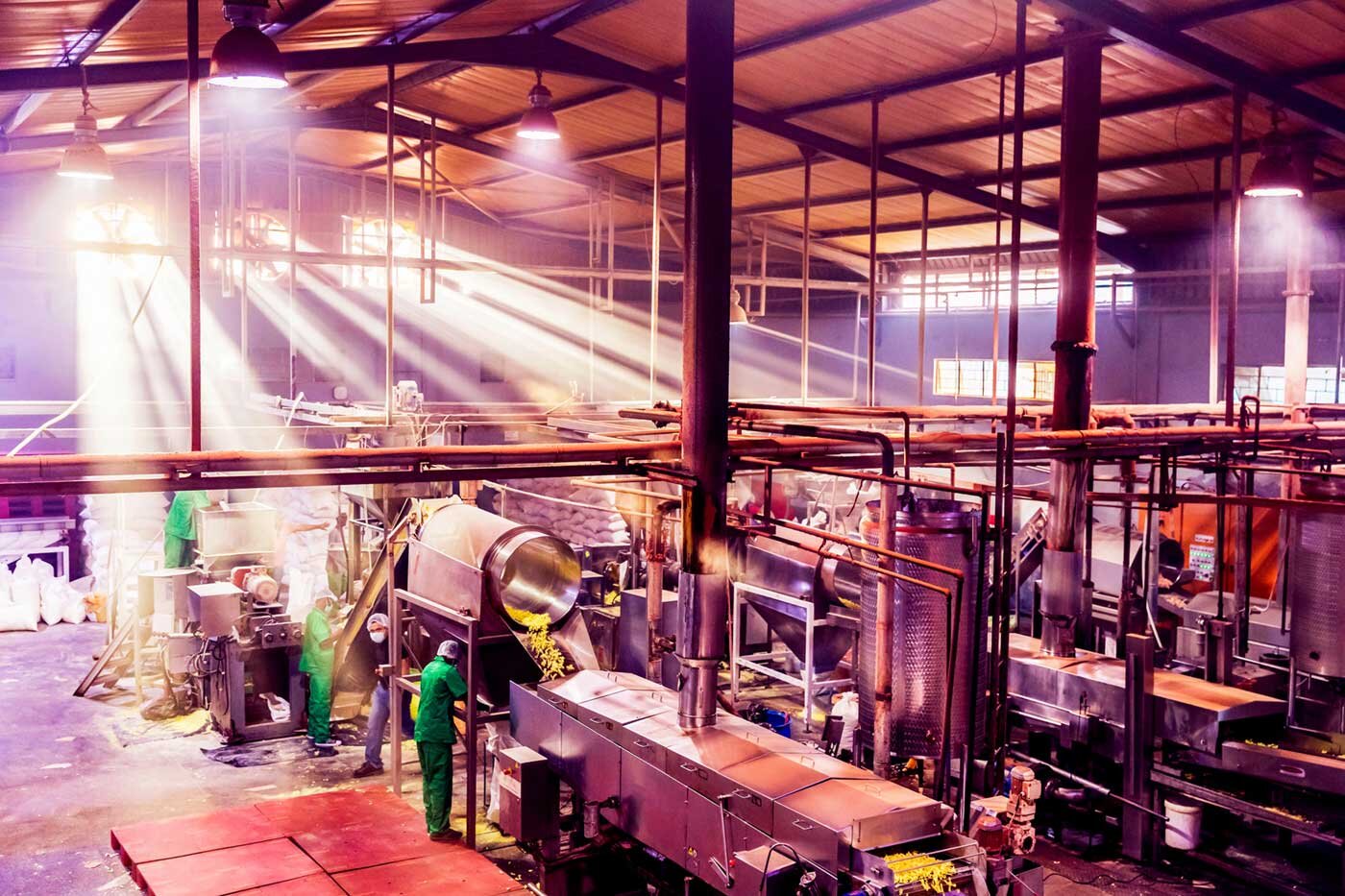A Fair Labor Market for Food-Chain Workers
by Sandeep Vaheesan and Claire Kelloway
Earlier this month, Senator Bernie Sanders put forth an ambitious immigration reform plan that would inject a much-needed dose of justice into the system. If implemented, undocumented and other vulnerable farmworkers who pick the crops and raise the animals that feed 320 million Americans (and millions more around the world) would be among the biggest beneficiaries. Sanders’s plan would provide secure residency and a path to citizenship for undocumented immigrants and extend basic legal rights long denied to agricultural workers.
Fairness for the unappreciated millions who put food on our tables requires a systematic reconstruction of labor markets in the food industry. The Sanders plan is a key component of this reconstruction—one that should be paired with taming employers who too often exploit this vulnerable labor force. All workers in the United States, regardless of whether they were born in Kansas City or Cusco, should enjoy secure residency and have the same labor and employment rights. Importantly, employers should have to compete for their services by raising wages and benefits and improving working conditions, instead of organizing cartels to hold down wages. This radical rebalancing of power is critical for building a just food economy.
Industrial food production in the United States has long relied on an oppressed, disenfranchised, and underpaid workforce. Farmworkers still do not have the right to unionize under the National Labor Relations Act, and are not entitled to minimum wage and overtime protections under the Fair Labor Standards Act. Sanders, in his plan, correctly condemned the existing carveouts as “racist exclusions.” They date from the New Deal, when progressives in the federal government reached pernicious compromises with Southern segregationists and agricultural employers seeking to maintain racial hierarchies and an exploitable workforce.
Today, food and agriculture employers take advantage of a cruel, two-tiered labor pool. Comparatively privileged citizens and permanent residents have secure status and full labor and employment rights, while vulnerable guest workers, refugees, and undocumented immigrants exist at the periphery. This marginalized fringe has few legal protections and a precarious tie to their new home, making them highly exploitable.
Without the same legal protections, many workers across the food chain fear speaking out about abuse on the job and hazardous conditions. For guest and undocumented workers, the threat of retaliation is severe. Highlighting workplace abuses and risks can mean termination and deportation to a potentially unsafe country of origin, an especially serious risk under the Trump administration. Some immigration activists believe that this summer’s ICE raids on a Mississippi poultry plant were instigated by the employer in retaliation for a recently-settled sexual harassment suit.


